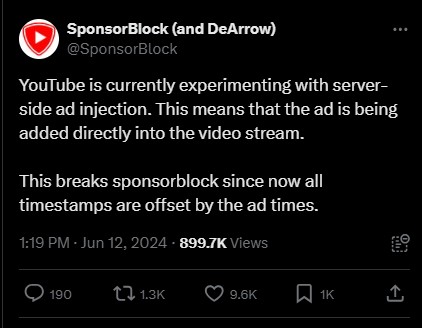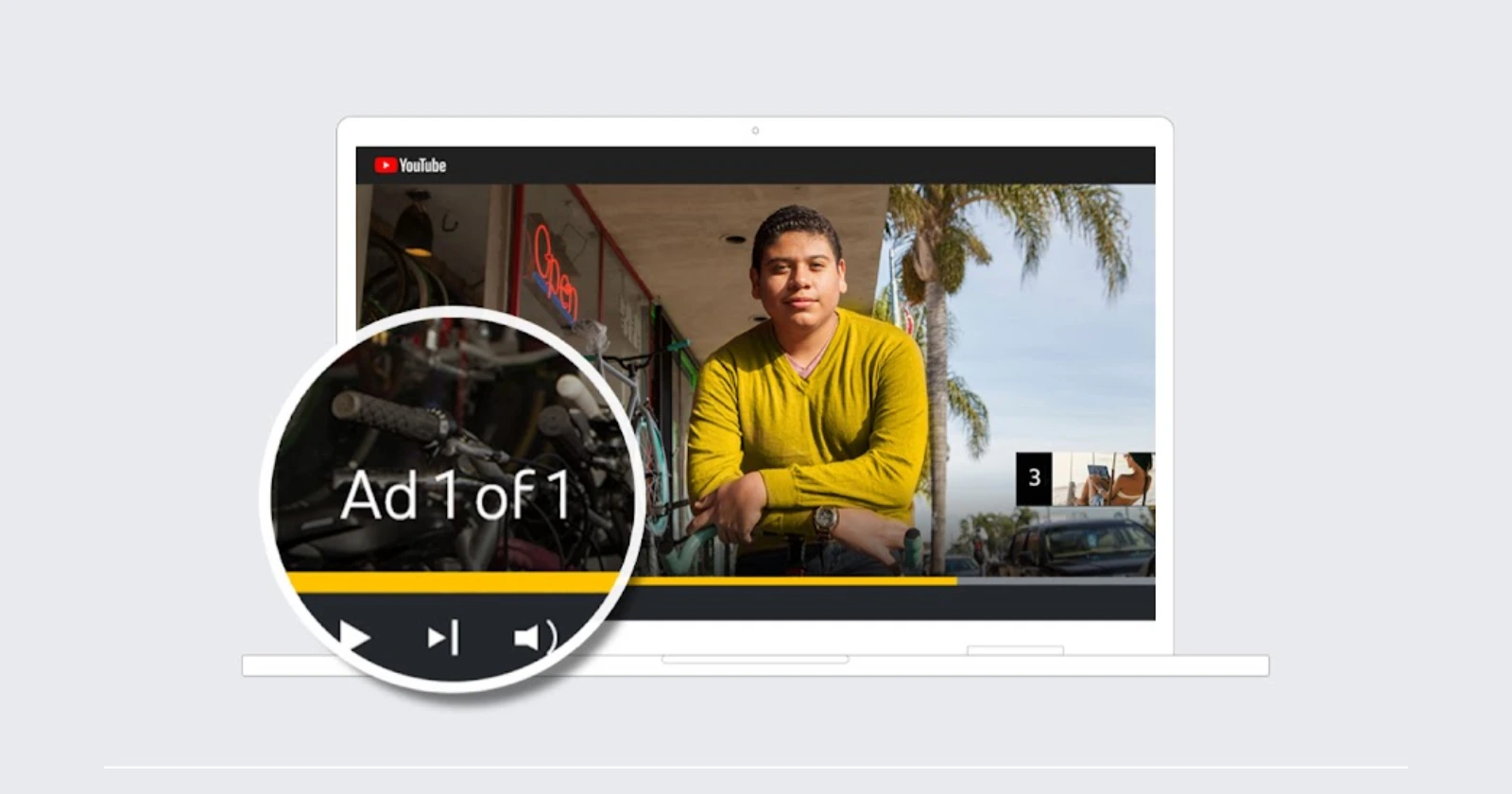YouTube is known for its constant battle with ad blockers, and it seems the latest round of this war is escalating. In a recent announcement, YouTube stated that it would be “upgrading” its security standards for browser extensions, which many users believe is a thinly veiled attempt to crack down on ad blockers.
On July 25, YouTube unveiled a new set of safety standards for browser extensions. The goal is to protect users and their data from cyber threats such as hijacking and data theft. This upgrade is automatic, so there’s no need to do anything on your end. However, if you encounter issues with your extensions, YouTube recommends disabling them or trying to open the site in an incognito window.
In order to better protect our users & their data, we’re upgrading our safety standards for browser extensions on YouTube. By enhancing our enforcement on these extensions, this will help safeguard viewers and creators from cyber attacks such as hijacking or data theft.
These safety improvements will take place automatically, so you don’t need to do anything! If you experience issues with your extensions, you can temporarily disable browser extensions that cause problems. If you’re having problems loading YouTube on your web browser, we recommend opening YouTube in an incognito window with all extensions disabled.
But here’s where things get dicey. Since the announcement, users have reported a slew of issues, including black screens, slow loading times, and home page not loading video thumbnails. Some users even claim that YouTube is flooding their adblockers with fake ads, eventually slowing down their browsers.
While YouTube claims these changes are intended to protect users from cyberattacks, many users believe the company is simply trying to force them to subscribe to YouTube Premium.
YouTube has been in a tug-of-war with adblockers for quite some time. Last year, the platform allegedly began delaying videos and creating artificial lag for users who weren’t using Chrome or Edge, particularly targeting those with adblockers. Fast forward to April this year, YouTube introduced an anti-adblock prompt, nudging users to subscribe to YouTube Premium for $13.99 a month. But adblockers like AdGuard quickly found a way around this.
In a continued effort to outsmart adblockers, YouTube reportedly started embedding server-side ads directly into video streams. These ads are harder to block, but not impossible for dedicated adblocker developers.

If you’re experiencing the black screen issue, a simple page refresh (F5) might do the trick. uBlock Origin has reportedly updated its filters to tackle this problem, so make sure your filters are up to date. If the issue persists, manually updating the filters via the extension’s dashboard could help.
Interestingly, many users have found better adblocking experiences on Firefox. Switching to Firefox might be a viable option if you’re fed up with YouTube’s antics on other browsers. While some users have found these workarounds helpful, the constant cat-and-mouse game between YouTube and ad blockers is becoming increasingly frustrating and perhaps even illegal.
Notably, the YouTube subreddit moderators may remove posts that criticize the company’s anti-ad blocker efforts, making it difficult for users to share their experiences and find solutions. While it’s not clear why, it seems increasingly likely that these problems stem from YouTube’s recent security updates and ongoing war against adblockers.
So, if you’re experiencing issues with YouTube and you use an ad blocker, it’s likely related to YouTube’s recent announcement. You may want to try switching to a different browser, such as Firefox, which is known to have better ad-blocking capabilities.
While Google’s efforts to enforce its ad policies and protect user data are understandable. However, the methods being employed are driving users to seek alternative solutions, often reinforcing their reliance on adblockers rather than encouraging them to subscribe to YouTube Premium.
Ultimately, the decision of whether or not to use an ad blocker is up to each individual user. However, it’s clear that YouTube is doing everything it can to make it as difficult as possible for users to block ads.
TechIssuesToday primarily focuses on publishing 'breaking' or 'exclusive' tech news. This means, we are usually the first news website on the whole Internet to highlight the topics we cover daily. So far, our stories have been picked up by many mainstream technology publications like The Verge, Macrumors, Forbes, etc. To know more, head here.


